
COP-28: Nepal Elevates Climate Concerns, From Finance to Mountain Issues
As the 28th Conference of the United Nations Framework Convention on Climate Change (COP-28) unfolds, Nepal positions itself to advocate for crucial issues ranging from climate finance to mountain-related challenges. The conference, scheduled from November 30 to December 12 in Dubai, United Arab Emirates, is poised to be a platform for Nepal to amplify its commitment to climate adaptation, mitigation, and finance, as well as address global progress under the Paris Agreement.
The Ministry of Forest and Environment, led by Dr. Birendra Prasad Mahato, has meticulously outlined Nepal’s stance in a ‘National Position Paper’ that encompasses concerns surrounding gender, local communities, tribal interests, youth engagement, technology transfer, and capacity building.
Minister Mahato affirmed, “Nepal’s active participation in COP-28 reflects our unwavering commitment to addressing the multifaceted challenges posed by climate change. From the Himalayas to the Terai, the impacts are diverse, affecting vulnerable groups disproportionately.”
The high-level Nepali delegation, led by Prime Minister Pushpa Kamal Dahal ‘Prachanda,’ includes key figures like Energy, Water Resources, and Irrigation Minister Shakti Bahadur Basnet, and Forest and Environment Minister Mahato. Prime Minister Dahal is scheduled to address the ‘high-level session’ on November 16, with anticipated sideline talks and high-level meetings during his visit.
Ahead of COP-28, Nepal has established its inaugural ‘pavilion’ (Mandala) within the conference premises, hosting 36 programs from December 3rd to 11th. Prime Minister Dahal will inaugurate the pavilion, providing a platform for Nepal to showcase its issues and initiatives.
Dr. Popular Gentle, development management expert and climate advisor to Prime Minister Dahal, shared insights into the upcoming visit, stating, “The pavilion is an unprecedented opportunity for Nepal to engage with the international community and shed light on our unique challenges and innovative solutions.”
Nepal’s strategic positioning is further bolstered by the recent visit of United Nations Secretary-General Antonio Guterres to Nepal, where he emphasized the urgency of addressing climate change, visiting key sites like Everest and Annapurna base area.
Effects of Climate Change in Nepal
Nepal, nestled in the Himalayas, faces heightened vulnerability to global climate change. Observable impacts include the melting of snow-capped mountains, increased instances of landslides and droughts in mountainous regions, and floods and landslides in the Terai Madhes. The brunt of these changes is acutely felt by marginalized communities, small farmers, women, children, and the elderly across the diverse landscapes of mountains, hills, and the Terai Madhes.
Climate change’s pervasive impact extends across thematic sectors, affecting agriculture, water resources, tourism, food security, health, water supply, livelihoods, and security. Predictions based on scientific studies suggest an alarming rise in Himalayan temperatures, potentially exceeding 1.8 degrees Celsius by 2050, leading to the melting of two-thirds of the region’s glaciers.
Nepal’s Climate Commitments
As a party to the United Nations Framework Convention on Climate Change (UNFCCC), Nepal has been actively implementing policies, legal structures, and financial arrangements to enhance climate resilience. Dr. Deepak Kumar Kharal, Secretary of the Ministry of Forests, highlighted ongoing initiatives, including the drafting of the National Climate Change Policy, 2076, and the submission of the second Nationally Determined Contribution (NDC) and the National Adaptation Plan (NAP) in line with the Paris Agreement.
Prime Minister Dahal’s ambitious plan, presented in COP-26, seeks to maintain 45 percent forest coverage by 2030, shield the country from climate risks, and achieve zero carbon emissions by 2045. Nepal aims to secure climate finance and global cooperation to realize these green development goals.
COP-28 Agendas
COP-28’s comprehensive agenda includes discussions on carbon emission reduction responsibilities, climate adaptation and national adaptation plans, Paris Agreement implementation progress review, climate damage and loss, climate finance, technology development, and gender-related issues. Dr. Budhisagar Paudel, Head of Change Management Division and Joint Secretary, highlighted the multifaceted nature of discussions, encompassing capacity development, underdeveloped countries’ concerns, climate-gender relations, Article 6 of the Paris Agreement, carbon trading, implementation provisions, and administrative, financial, and institutional matters.
As Nepal takes center stage in Dubai, the conference presents a crucial opportunity to articulate its climate challenges and aspirations, fostering global collaboration toward a sustainable and resilient future.
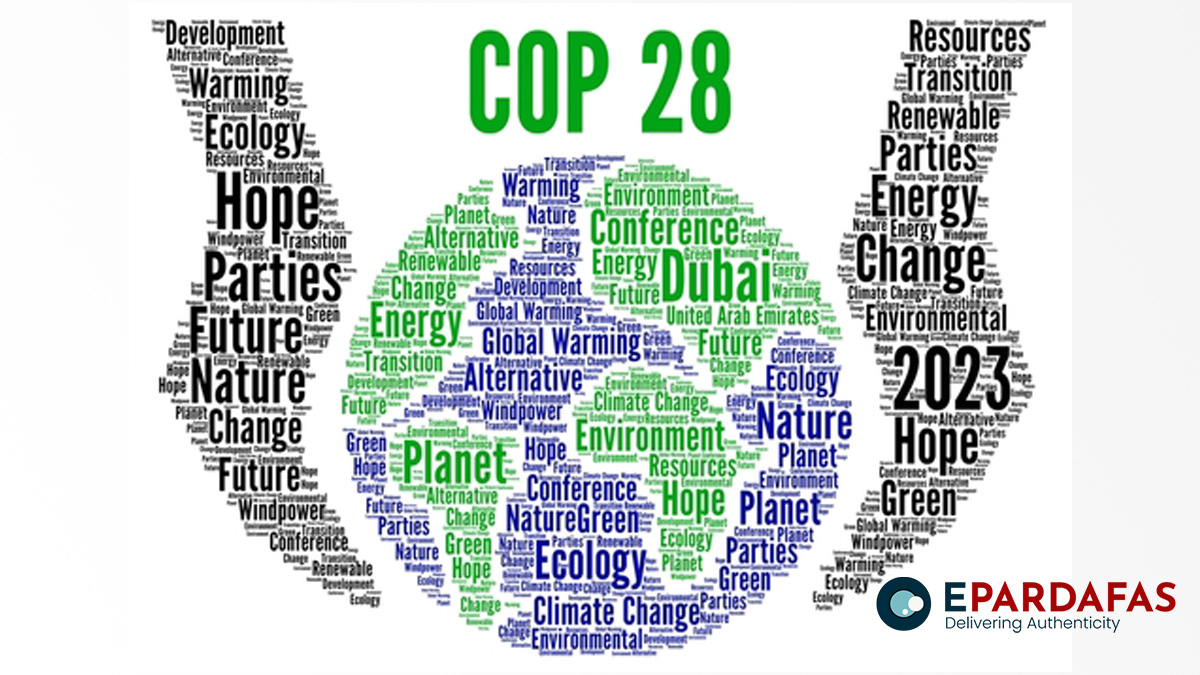



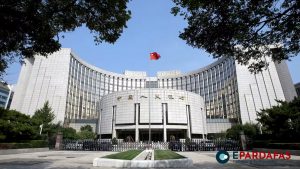
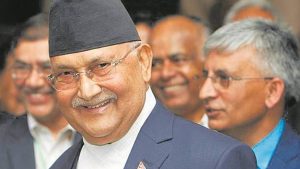

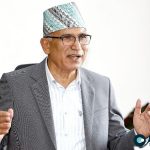



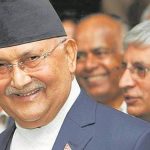

Comments